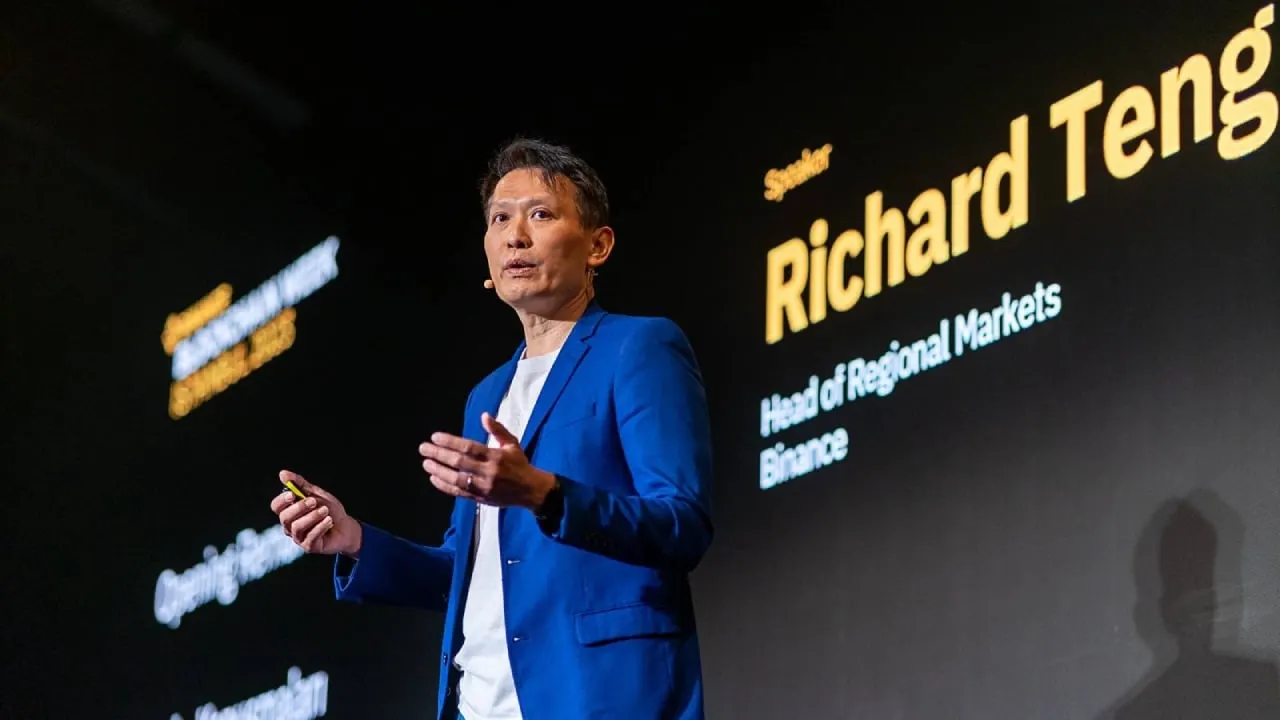We do the research, you get the alpha!
Newly appointed Binance CEO Richard Teng attempted to draw a line under the crypto exchange’s past issues, conceding that compliance controls were “inadequate” and arguing that the company could “move past a challenging chapter.”
Speaking at the Financial Times Crypto Winter Summit, Teng said that, “The compliance controls that we had in those early days were inadequate for the size of company we were becoming very quickly,” acknowledging that, “there were mistakes made.”
He claimed that the exchange had “moved past” those mistakes and resolved its issues with U.S. agencies following its record-breaking $4.3 billion settlement with regulators.
Today’s crypto landscape is "very different" to that under which the exchange’s previous CEO, Changpeng ‘CZ’ Zhao, operated, Teng said, with “much more regulations” and a growth of institutional interest in the crypto space.
Teng claimed that assets were flowing back onto the exchange following “modest outflows” in the days following the settlement that saw over $1 billion pulled out of Binance.
Pressed on questions such as the location of Binance’s global headquarters and whether it would undergo an audit, Teng declined to answer. The company would reveal the location of its global headquarters “in due course,” he said, and argued that as a private company, it’s not obliged to release a public audit of its financials. “We are a regulated company, we are accountable to the regulators that regulate us,” Teng said.
Teng claimed that following the settlement, “institutional VIP clients are coming back” and that regulatory scrutiny “will turn to other players” in the crypto market. “Going forward, we are focusing as a user-led organization, but also a compliance-led organization,” Teng said, something that would allow the company to be “sustainable for the next 60 years.”
Teng was appointed CEO of Binance last month, following the departure of previous CEO Changpeng 'CZ' Zhao, who stepped down as part of a record $4.3 billion settlement with U.S. regulators. Zhao also pled guilty to federal anti-money laundering violations and now awaits sentencing scheduled for February.
At the time, Teng claimed that the exchange had "turned the page" on its previous challenges and had “systematically worked to address its past compliance issues” over the past two years.
Edited by Guillermo Jimenez





